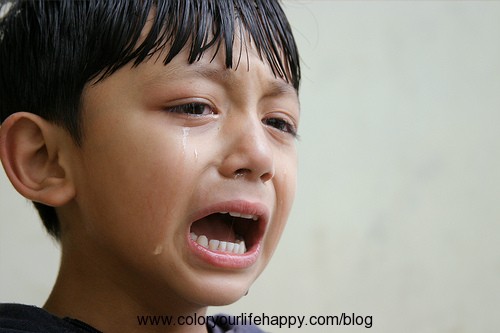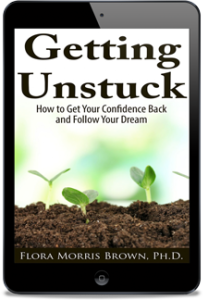We still celebrateEarth Day in ever expanding ways that help the earth but also make us happier with our lives.(See the video above to learn about the impact of urban green spaces on our well-being.)
For Jadav “Molai” Payeng it wasn’t an Earth Day celebration that sparked his concern for the environment. It was 1979 when at age 16 he noticed that a flood had washed ashore many snakes who died in the heat without tree cover.
Pained by this sight, Payeng approached the forest department about planting trees, but they said it couldn’t be done. Unconvinced, he began his life-long campaign of burying seeds near his home in Northern India. Now at age 47, Payeng can look out over his 1360 acre lush ecosytem, the Molai woods, that now protects birds, deer, rhinos, tigers and elephants.
There are endless ways you can help save the environment until you’re ready to plant a forest, throw out your TV or make your wedding dress out of bread bag clips.
Some of things you can do won’t dirty your hands or involve an insect diet.The idea is to make “green” a way of life and not just a once-a-year celebration.
Here are loads of ideas some of which are small and easy ways to get started.
- 10 Things You Can Do this Earth Day (and every day)
This list offers simple ideas like going meatless once a week or checking your tire pressure.
- 10 Tips to Make Every Day Earth Day
Something as simple as dressing appropriately and eating local and seasonal food honors our Earth.
- 10 Ways to Celebrate Earth Day
This list suggests visiting recycling center as one of its ideas.
- Eight Energy-Saving Tips to Make Earth Day Everyday
Adjust the settings on your electronic device to save money, energy and the carbon footprint
What do you do on a daily basis for the Earth ? Have you noticed an improvement in your mood and increase in your happiness as you’ve simplified or decluttered your life? What new ideas did you get from the ones shared here?



Recent Comments